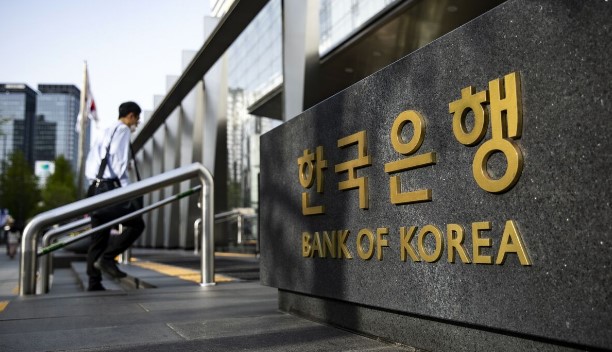The South Korean Ministry of Science and Information and Communication Technology (ICT) and the Korea Internet & Security Agency (KISA) will launch a blockchain support project.
According to a recent report by Naver, the program will promote six projects in the public sector for public services and eight in the private sector to support commercialization, with a total budget of 20 billion won, approximately $14.5 million.
South Korea Backs Blockchain Innovation
The projects include:
- Central bank digital currency (CBDC) based digital vouchers.
- Digital badges.
- Online referendums.
- Battery remaining life certification services.
For instance, the program will support a CBDC-based digital voucher management platform by the Bank of Korea. This platform will enable various voucher programs to be used on mobile devices, enhancing the efficiency and accessibility of digital payments.
The Korea Employment Information Service will also develop an integrated employment support service based on digital badges to streamline job matching and skill verification processes.
Another notable public project targeted the simplification and digitalization of the electronic notarization process by the Ministry of Justice. This initiative aims to reduce paperwork and increase the efficiency of legal procedures.
“Blockchain supports projects such as digital badges in line with the digital platform government policy to expand public data services,” stated Eom Yeol, Director of Information and Communication Policy at the Ministry of Science and ICT.
Various Projects Targeting the Global Market
The private sector will see support for various innovative projects. For example, CP Labs will develop a blockchain support portal platform, and Oasis Business will offer financial management support services tailored for small business owners.
In addition, AhnLab Blockchain Company is set to develop an electronic wallet service through API linkage. Nonghyup Bank aims to create a token securities issuance platform for private investment business operators.
“As blockchain technology is currently being used in various fields beyond the financial field, such as mobile ID, online voting, and ticket scalping prevention, we will continue to discover and support innovative services that can be experienced by the public and introduced to the global market,”
Eom Yeol













